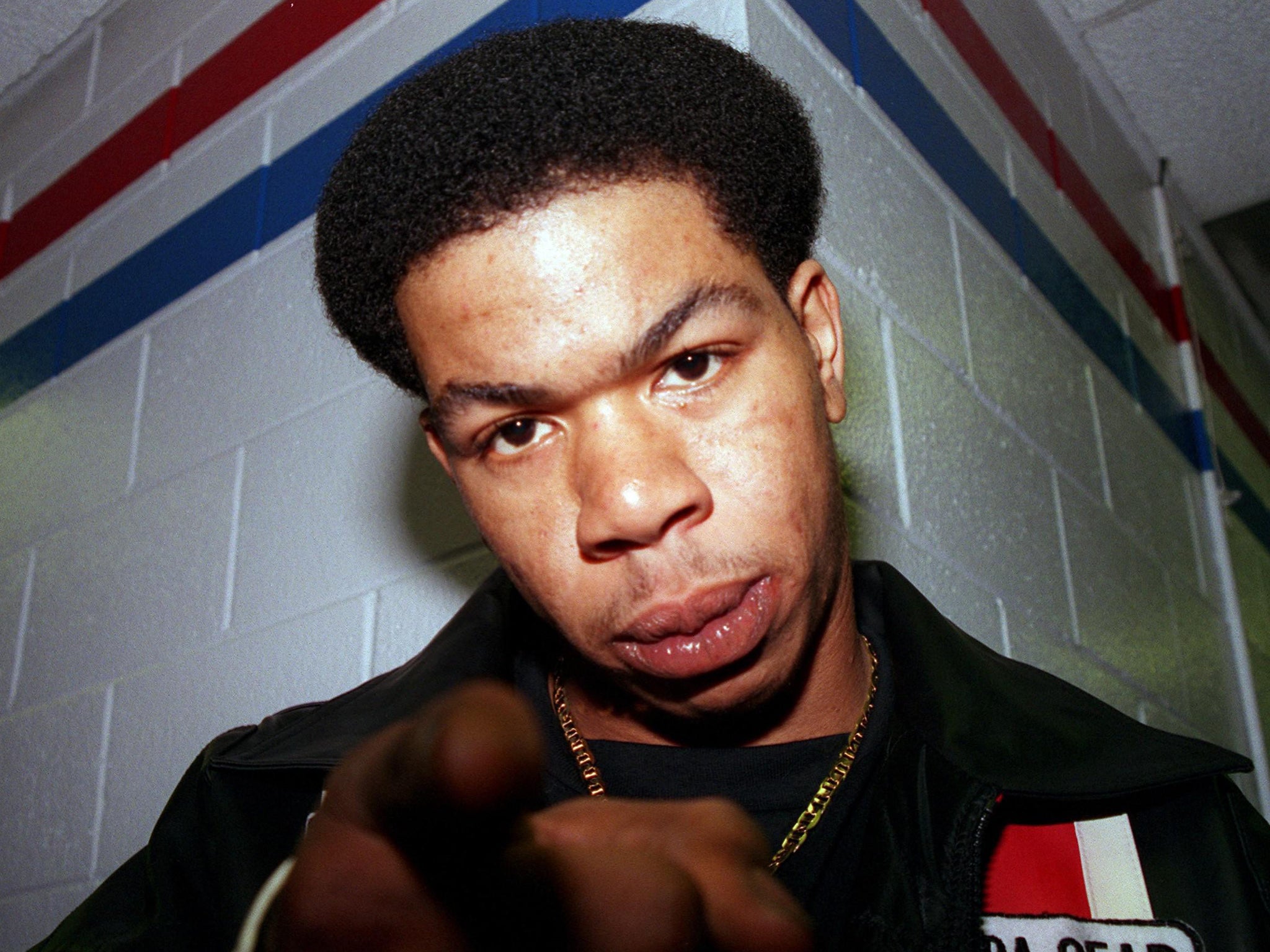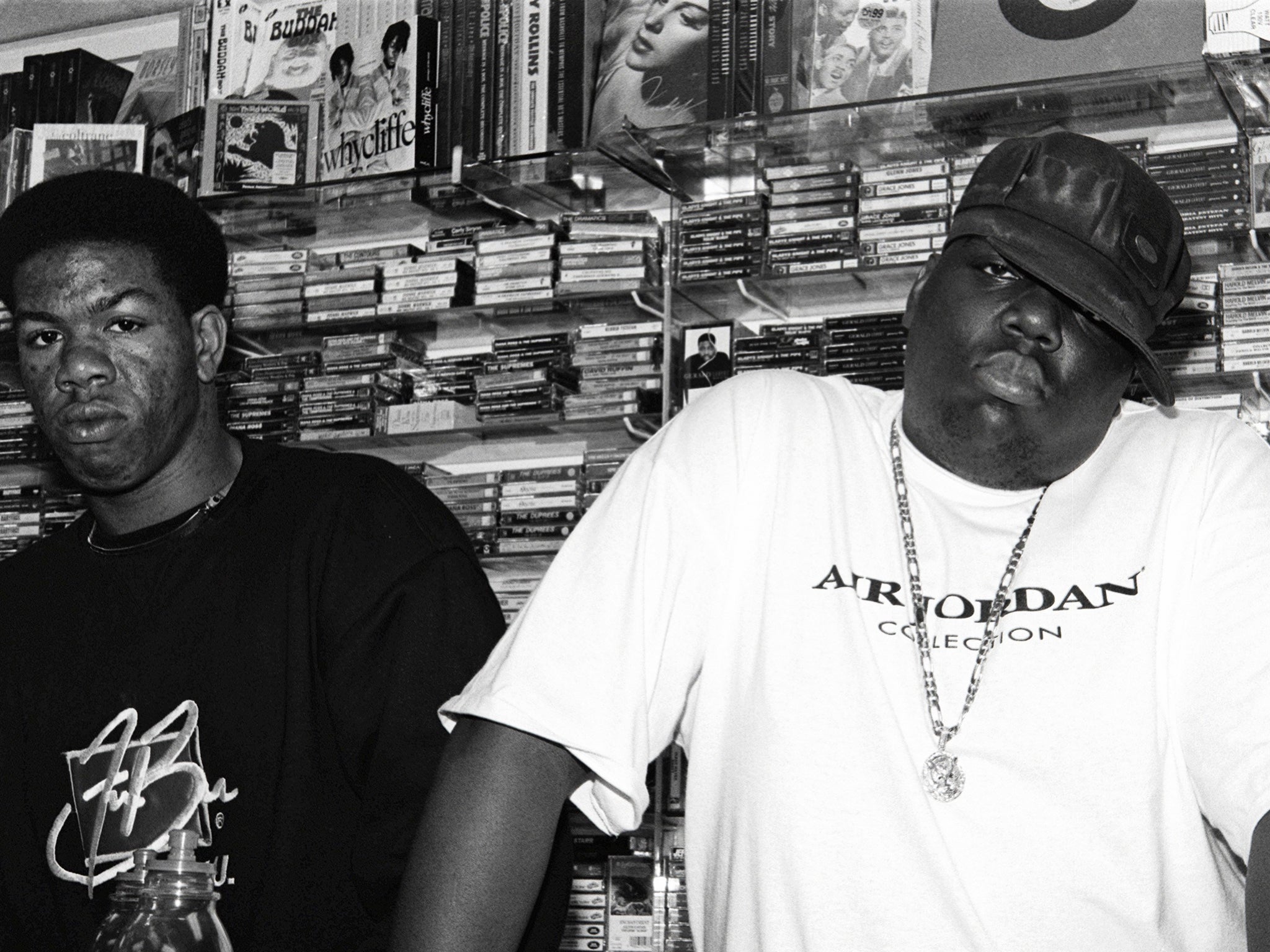Craig Mack: 'Flava in Ya Ear’ rapper who helped secure Bad Boy Records' place in hip-hop history
Part of rap's golden era, his sophisticated flow was integral to Puff Daddy's nascent music label

The rapper Craig Mack was the first artist to feature on the groundbreaking Bad Boy Records – the label started by Sean “Puff Daddy” Combs and later home to The Notorious B.I.G and Janelle Monáe – earning a Grammy nomination for hit US single “Flava In Ya Ear”. After fading from the New York City hip-hop scene, he resurfaced in a conservative Christian community in South Carolina where he renounced his previous lifestyle.
Mack, who has died of heart failure aged 47, was born at Trenton, New Jersey and raised on Long Island which in his teenage years was home to hip-hop performers such as De La Soul and Rakim. After a false start with the 1988 release, “Just Rhymin” under the name of MC EZ, he signed to Bad Boy Records after its owner heard him rap outside New York’s Mecca nightclub.
Success was instantaneous. “Flava in Ya Ear”, a seemingly random array of baritone bombast and abuse from Mack’s 1994 album Project: Funk Da World, propelled him to No 9 on the US Hot 100 and No 1 on the hip-hop chart. It was also nominated for a Grammy in 1994 in the Best Rap Solo Performance category, losing out to Queen Latifah’s “Latifah’s Had It Up 2 Here”.
The album went gold, but if Mack was Bad Boy’s breakthrough artist, Biggie Smalls, aka The Notorious B.I.G., swiftly became its biggest star, his Ready To Die album securing multi-platinum status.
Total and Faith Evans also established themselves as huge-selling Bad Boy acts, further overshadowing Mack. Another single, “Get Down”, scraped into the US Top 40 (and reached No 54 in the UK), but Combs then dropped him.
The follow-up to Funk Da World appeared on the Volcanic Entertainment label. Operation: Get Down, released in 1997, peaked at a respectable No 46 in the American album chart but failed to deliver a hit single. Mack had lost ground in the hip-hop hierarchy to Busta Rhymes, LL Cool J, Jay Z, Lauryn Hill, Nas and others.
In 2001 he contributed “Wooden Horse” to the soundtrack of the Danny De Vito film What’s the Worst That Could Happen?, a number which sampled Sinatra’s “High Hopes”, then virtually disappeared.
He re-emerged in 2006 with a single, “Mack Tonight”, but it did not restore his fortunes and he again slipped out of the public eye. In 2012 it transpired he had joined the Overcomer Ministry, a Pentecostal organisation in Walterboro, South Carolina. Branded a cult by some media, the church is led by a radio evangelist, Ralph Gordon Stair, who styles himself “The Prophet” and was arrested last December on charges of sexual assault.

A track on Mack’s first album, When God Comes, had pointed to his religious leanings, the final lines declaring: “I hope the subject don’t turn ya away/ But the whole hip-hop generation need to pray.”
In a 2012 video posted on YouTube Stair summons Mack to testify. “What did you used to do?” the preacher demands to know. Mack replies: “Wickedness”. Stair continues: “And what are you doing now?” The reformed Bad Boy answers: “Righteousness”.
Craig Jamieson Mack, rapper, born 10 May 1970, died 12 March 2018
Join our commenting forum
Join thought-provoking conversations, follow other Independent readers and see their replies
Comments
Bookmark popover
Removed from bookmarks